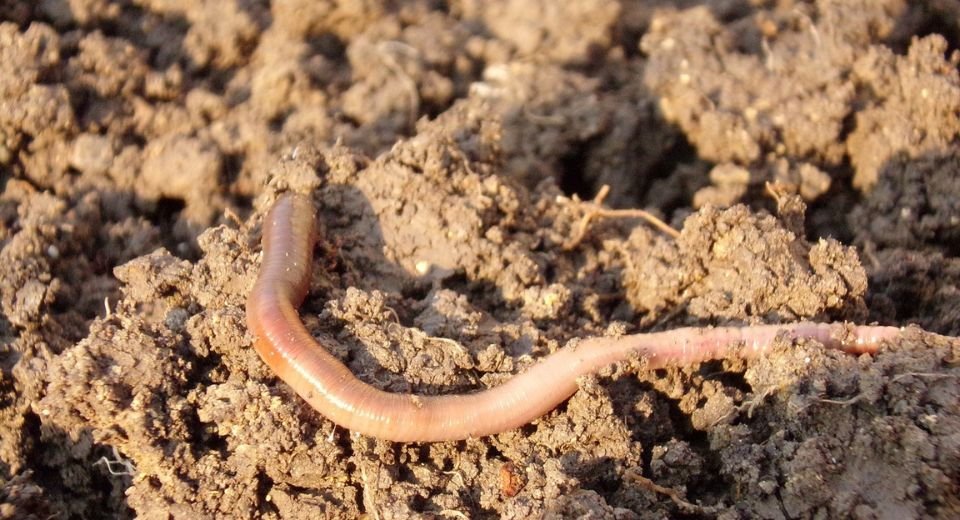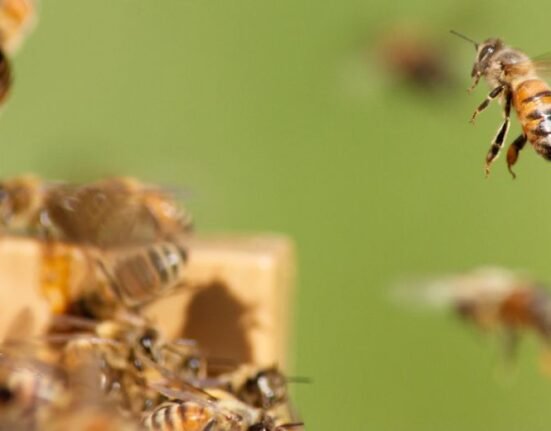HQ Team
September 27, 2023: Earthworms help produce 140 MMT of food a year — about the amount of cereal grains grown by the world’s fourth largest producer Russia annually, a study finds.
In percentage terms, it accounts for 6.5% of global grain yield and 2.3% of legume output every year, according to Colorado State University scientists.
Earthworms help establish healthy soils by supporting plant growth in multiple ways.
It aids in building good soil structure, assists in water capture and aids in the beneficial churn of organic matter that makes nutrients more available to plants.
Soil porosity
The hermaphrodites can also mitigate drought and erosion, and improve soil porosity, aiding in the beneficial capture and retention of water.
“This is the first effort that I’m aware of that’s trying to take one piece of soil biodiversity and say, ‘OK, this is the value of it; this is what it’s giving us on a global scale,’” said Steven Fonte, associate professor of agroecosystem ecology in the Department of Soil and Crop Sciences at the university.
Mr Fonte, the study’s lead author, and his colleagues estimated the contribution of earthworms to global food output by overlaying and analysing maps of earthworm abundance, soil properties, fertilising rate and crop yields.
The analysis indicated that earthworms had a more significant impact on grain production in the global south — notably, 10% of grain yield in Sub-Saharan Africa and 8% in Latin America and the Caribbean.
Less pesticides
“It’s likely the earthworms contributed more in those areas,” because farmers there tend to have less access to fertiliser and pesticides, Mr Fonte said.
Instead, they rely more on earthworm-rich organic matter like manure and crop residues, which help stimulate the beneficial effect they have on plants.
Earthworms can help protect plants from soil pathogens. Some estimates have indicated earthworms can increase overall plant productivity by about 25%.
“Earthworms are contributing a lot in these areas where we have fewer chemical inputs,” he said.
Healthy soils could have positive, tangible impacts on crops, according to the study. It stated that it was not advisable to transplant earthworms into places they do not already exist.
‘Big black box’
“If we manage our soils in a more sustainable way, we can better harness or leverage this biodiversity and produce more sustainable agroecosystems,” Fonte said. “This work highlights that potential.”
Other soil organisms such as microbial communities, need to be studied for their positive impact on crops.
“Soils are still this huge, big black box that we don’t fully understand,” Fonte said. “This work helps show that there’s a lot of opportunity that we’re just kind of ignoring.”








